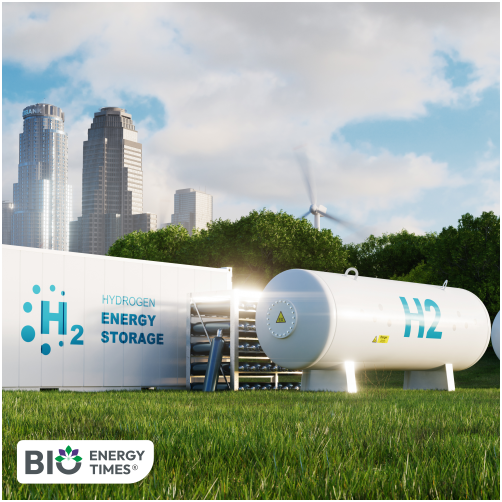In a major step to deepen strategic cooperation, the European Union (EU) and India have jointly launched two new research and innovation initiatives under the EU-India Trade and Technology Council (TTC), backed by a combined investment of €41 million (approximately ₹394 crore), according to a statement from the EU.
These joint initiatives aim to tackle urgent environmental issues and push the frontiers of technology through collaborative efforts. Developed under the EU’s Horizon Europe programme and co-financed by the Indian Ministry of Earth Sciences (MoES) and the Ministry of New and Renewable Energy (MNRE), the programmes will bring together researchers, startups, and industry players from both regions to create sustainable, scalable solutions with a global reach.
The first initiative focuses on addressing marine pollution, especially the growing problem of plastic waste in oceans. With €12 million (₹110 crore) contributed by the EU and ₹90 crore (around €9.3 million) by India’s MoES, this call for research proposals invites solutions to assess, monitor, and reduce the cumulative impact of pollutants like microplastics, heavy metals, and persistent organic contaminants.
The outcomes of this research are expected to support global commitments, such as the UN Decade of Ocean Science for Sustainable Development, while also advancing the objectives of the EU’s Zero Pollution Action Plan and India’s National Marine Litter Policy. The initiative builds on recent collaborative efforts, including a workshop on EV charging standards held earlier this year and a matchmaking event connecting Indian and EU startups with investors and partners.
The second initiative targets the development of technologies to produce renewable hydrogen from waste—an area that has become central to both India and the EU’s clean energy transition goals. Co-funded by the EU (€10 million or ₹97 crore) and the MNRE (₹90 crore or €9.3 million), the programme seeks efficient, cost-effective, and environmentally sound solutions for hydrogen production.
These calls are open to a wide range of participants, including businesses, small and medium enterprises (SMEs), startups, academic institutions, NGOs, and individual researchers from both India and the EU. The deadline to submit proposals is September 2 for the hydrogen initiative and September 17 for the marine pollution call.
Further joint research calls are being planned for 2026, with potential focus areas including battery recycling for electric vehicles and advanced wastewater treatment solutions. Together, these collaborative efforts under the TTC framework are expected to mobilize a total investment of around €60 million.
About the EU-India Trade and Technology Council
The EU-India TTC is a high-level platform created to bolster bilateral cooperation in trade, technology, and innovation. It was jointly announced by European Commission President Ursula von der Leyen and Indian Prime Minister Narendra Modi in April 2022 and formally launched in February 2023. The first ministerial meeting was held in May that year.
As only the second TTC established by the EU (after the EU-US TTC), this mechanism underlines the growing strategic alignment between India and the EU. It is designed to support secure, sustainable, and inclusive economic growth while upholding democratic values shared by both partners.
The EU-India collaboration in research and innovation dates back to the 2001 Agreement on Scientific and Technological Cooperation, renewed in 2020. Guided by a Joint Steering Committee, the partnership has already supported over 200 joint projects across key sectors like health, climate, energy, digital innovation, and water. The TTC marks a new phase in this partnership, focused on co-funded, mission-driven programmes with real-world impact.














